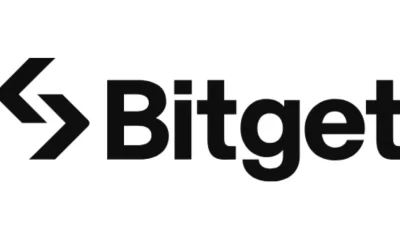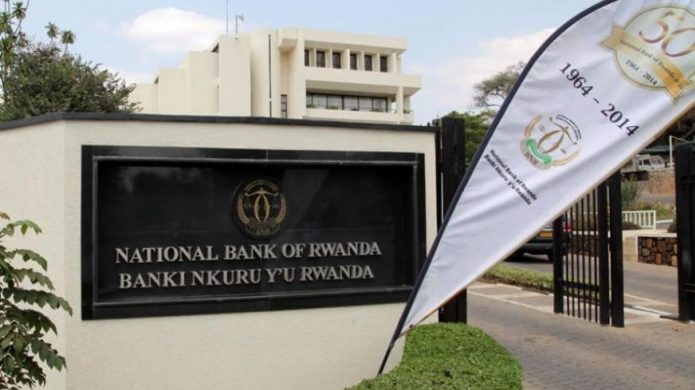News
Rwandan central bank proceeds with retail CBDC project
The National Bank of Rwanda (BNR) has unveiled its completed feasibility study on a retail central bank digital currency (CBDC) and is seeking public feedback. The proposed CBDC aims to leverage the latest technological advancements while addressing local conditions in Rwanda.
-

 Business4 days ago
Business4 days agoCoinbase Derivatives lists XRP futures
-

 Business3 days ago
Business3 days agoBinance tightens South African compliance rules for crypto transfers
-

 Business3 days ago
Business3 days agoEthereum bounces back as market dominance recovers from all-time low
-

 Business4 days ago
Business4 days agoXRP Ledger Foundation spots ‘crypto stealing backdoor’ in code library
-

 Business5 days ago
Business5 days agoBitget detects irregularity in VOXEL-USDT futures, rolls back accounts
-

 Business1 week ago
Business1 week agoBinance helps countries with Bitcoin reserves, crypto policies, says CEO
-

 Business4 days ago
Business4 days agoEl Salvador works with Nvidia to develop sovereign AI infrastructure
-

 Business3 days ago
Business3 days agoSEC says it won’t re-file fraud case against Hex’s Richard Heart


















